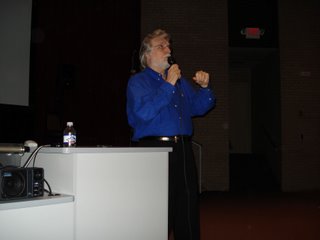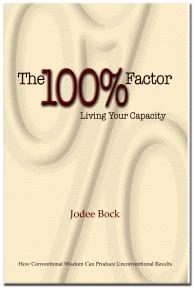My Conversation With Someone Who Had a Conversation With God
 I had to chance on Sunday to preview the upcoming movie "Conversations With God," based on the book by Neale Donald Walsch. Not only did I get a sneak preview of the movie, but I got to meet Neale (I was in the front row, as you can tell by the picture)! It was an amazing encounter. Neale is as genuine, gentle, authentic, and kind in person as I knew he would be from watching him in The Secret and also in the movie Indigo.
I had to chance on Sunday to preview the upcoming movie "Conversations With God," based on the book by Neale Donald Walsch. Not only did I get a sneak preview of the movie, but I got to meet Neale (I was in the front row, as you can tell by the picture)! It was an amazing encounter. Neale is as genuine, gentle, authentic, and kind in person as I knew he would be from watching him in The Secret and also in the movie Indigo.Conversations With God - The Movie was produced by Stephen Simon, the producer of the Christopher Reeve movie Somewhere in Time and the Robin Williams movie What Dreams May Come. Stephen is also the co-founder of the Spiritual Cinema Circle, which actually inspired the production of the Conversations With God movie. My good friend Troy introduced me to the Spiritual Cinema network about a year and a half ago, and I've been getting movies in the mail each month since then. Stephen Simon is a friend of Troy's, and Stephen was at the movie premiere with Neale, so I got to meet them both.
If you're a movie fan like I am, please consider checking out the Spiritual Cinema Circle. You'll see movies there that might not make it to the big screen, but which have amazingly positive impact. Also please go see Conversations With God - The Movie if it comes to your area. Take the entire family for a welcome break from all the violence and fear that permeates most movies.























